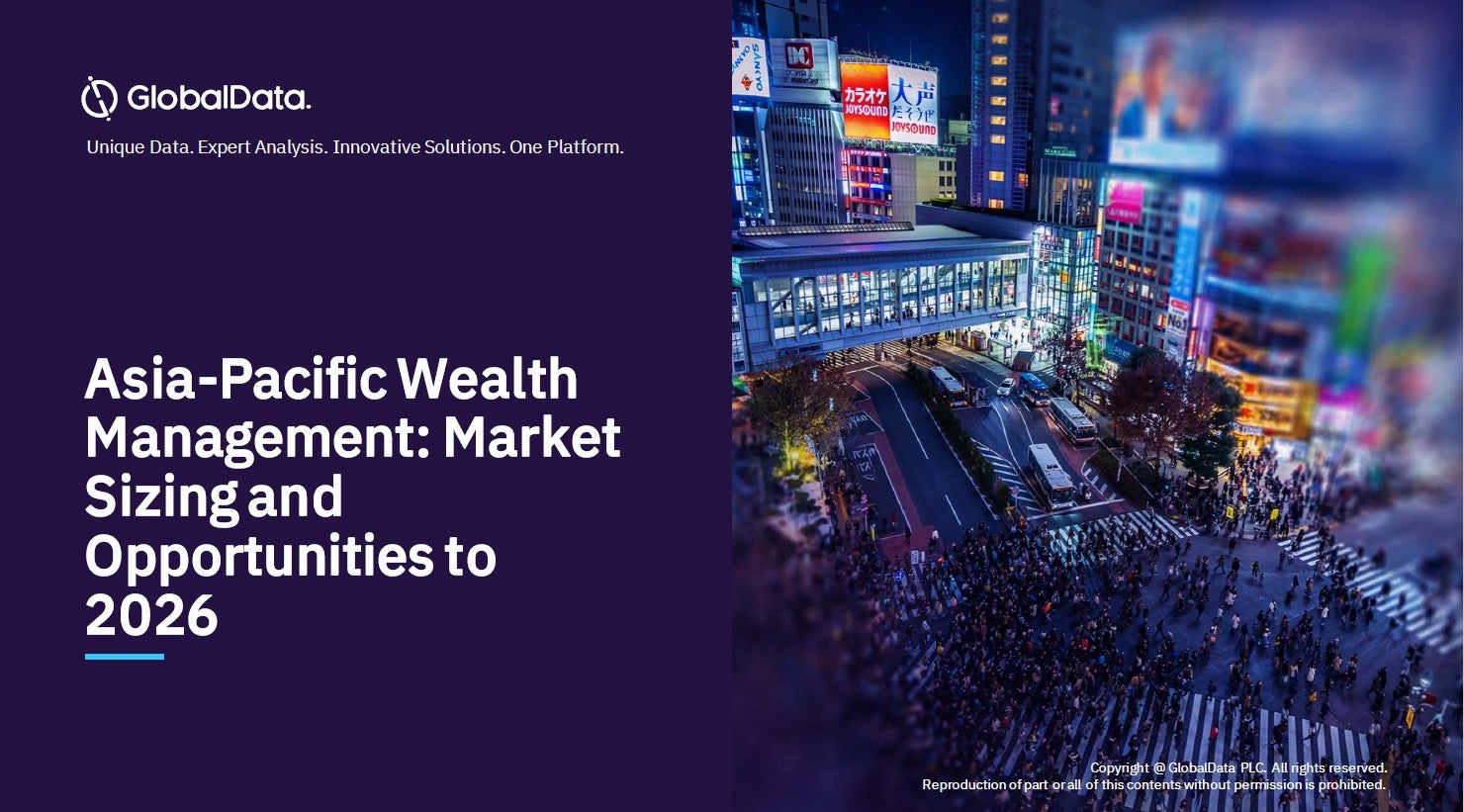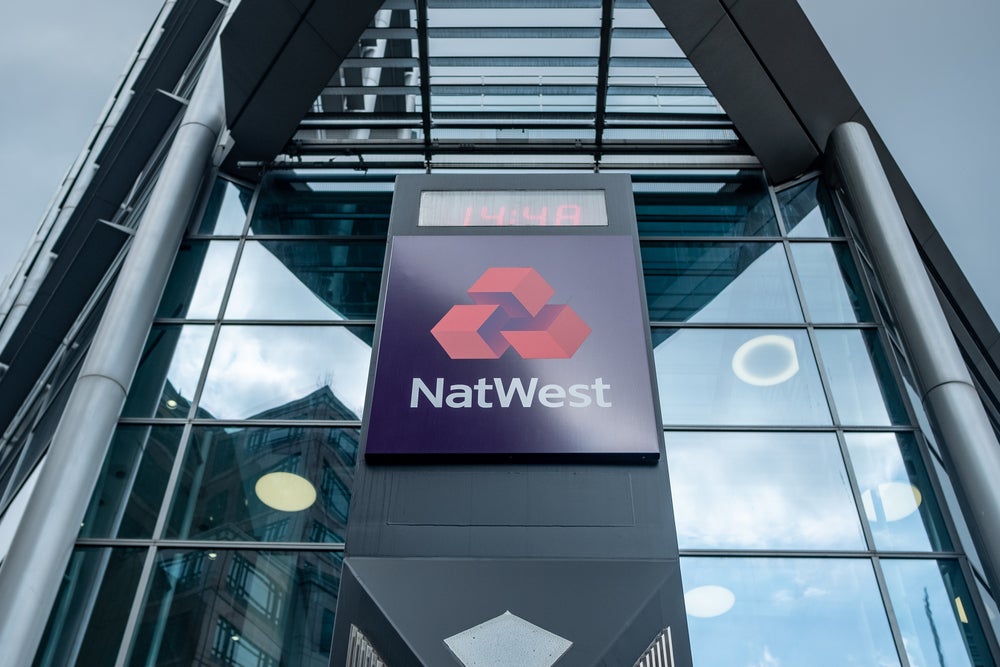
Private banking has always been a traditional sector, but the times constantly change. As younger generations become affluent and high net worth, through inheritance or entrepreneurship, wealth managers have to rethink strategies and adapt. Alison Ebbage writes
Millennial and Gen Z clients should be in the thoughts of wealth managers. Although most are yet to become independently wealthy, they are set to inherit. A good proportion will also become independently wealthy via entrepreneurial activities. The challenge for wealth managers is to respond well to the very different modus operandi of these generations compared to their parents. There will be very different expectations around the wealth, investments, life goals and their relationships with wealth managers.
Roopalee Dave, senior manager in Ernst &Young’s Wealth Practise comments: “We define
Millennials as born between 1980 and 2000. They are digital natives, value conscious, keen on responsible investment and willing to switch providers if their financial goals are not met. Gen Z meanwhile were born between 1002 and 2016 and thus are too young to be independently wealthy at present. However, they are digital first, much more likely to be actively involved in their affairs and the wealth manager’s approach with them is very much going to need to accommodate an active dialogue.”
What is the source of wealth?
Understanding the source of original wealth and the rise in entrepreneurial wealth is key.
Simon Hopes, head of sport and media at Coutts, thinks that a lot of entrepreneurial wealth is coming from technological and digitally-related areas: “We see a significant number of young entrepreneurs from these sectors who have developed technology that serves wider industries. Many are serial entrepreneurs and frequently invest across other businesses and franchises.
How well do you really know your competitors?
Access the most comprehensive Company Profiles on the market, powered by GlobalData. Save hours of research. Gain competitive edge.

Thank you!
Your download email will arrive shortly
Not ready to buy yet? Download a free sample
We are confident about the unique quality of our Company Profiles. However, we want you to make the most beneficial decision for your business, so we offer a free sample that you can download by submitting the below form
By GlobalData“Whilst a bit more sophisticated than crowdfunding, there is certainly a community amongst tech and digital innovators that sees them collaborate and cross work. Aside from technology and software developments, we also meet a number of lifestyle businesses that take off, given the reach of social media, creating an ever-expanding influencer market within the entertainment and media industries.”
Sidney Wang, managing director, head of international connectivity, HSBC Private Banking adds: “The entrepreneurial ventures set up by these next generations can, and will, vary broadly; from traditional sectors to tech-oriented start-ups and socially-focused enterprises. Given the ability to scale up globally and utilise digital platforms, in some instances these next generations are set to create wealth at a faster pace than their parents did. Consequently, the question of how to create a positive impact with that wealth will arise at a much earlier stage than their parents.”
Indeed, those questions are manifesting themselves with an intense focus on sustainability and impact amongst the next generations. They are embedding sustainability into their entrepreneurial and investing initiatives and some are integrating sustainable practices into their own or their families’ businesses.
Wang sums this up. “In contrast to prior generations, there is a greater focus on topics such as entrepreneurship and innovation, sustainability and impact, alongside traditional wealth management,” he purports.
Investments
When it comes to investments, wealth managers still need to meet the demand to protect wealth as well as invest over the whole lifecycle. However, the game has become about much more than simple returns and clients are approaching things much more holistically with goals-based measurements rather than index-based ones.
Dave says: “Millennials are very much concerned with personal financial goals as opposed to benchmarks and they are looking for support and advice with regards to whole of life planning as well as the returns.”
Dialogue is key. Shona Baijal, managing director, UBS Global Wealth Management UK, continues: “Millennials have been brought up and nurtured to have a view and to also have a means of expressing and articulating that view over a variety of channels; notably social media. Their having an opinion also extends to investment decisions and the environment has moved very much from one of returns within a risk appetite to evolve to an active discussion which is much more about objectives such as having liquidity, retirement, legacy- the whole dialogue has expended.”
A specific trend, according to Hopes, is that it takes longer to switch into the mindset of investing into pensions and ISAs and then building larger investment portfolios.
“Those who do commit want the usual range of investments ranging from funds that are well diversified through to bespoke portfolios that they create themselves. The majority want to know their money is invested wisely and will grow over the longer term – not too different to any other investor. One thing that we see is a lack of awareness about how pensions work – ask most people and they will have no idea of the pension benefits, restrictions that apply, what the potential pay-out will be or even how their money is being invested. This still surprises me even after all this time as it is probably the most important investment you can make!” says Hopes.
And Baijal identifies another trend: “Gender distinctions generally are expected to become more diluted as differences aren’t really even noticed or seen as important. However, that said, we still see a large proposition of women deferring financial decisions to husbands and that can come with consequences further down the line – they don’t know what they don’t know.”
ESG
A large trend is that of environmental, social and corporate governance or ESG. Investments that are made now come with an automatic values-based overlay. Indeed, ESG investing – where an investment portfolio is reshaped around sustainable themes such as climate change and/or screening out businesses that have a negative social impact – is particularly valuable to the next generations, especially compared to prior generations.
Hopes comments: “There is definitely a societal shift towards investing only in those businesses that can demonstrably show that they adhere to socially responsible investment philosophies. People care more than ever about the environment and social injustice and expect whoever they entrust their money to be actively engaged in helping bring such practices to an end.”
It is no surprise then that most investment now has some sort of ESG overlay and a framework as a means of assessment. It has become very important and informs every decision. Advisers need to be cognisant of those values when making investment decisions and this is just another reflection of the trend not just to have returns and risk managed but move instead to a more holistic model. An ESG overlay also helps to identify and determine the future financial performance of companies because those that behave well also tend to do well.
This extends from personal investing to business and philanthropic activities too, the next generations are embedding sustainability into the heart of their entrepreneurial and investing initiatives. This includes starting socially-focused enterprises (profit earned from social impact) and integrating sustainable practices into their own or their families’ businesses.
Dave says: “We see many more clients wanting not just an ESG overlay but help with general philanthropic activities. Millennials are very information driven and are led by their values much more so than previous generations. They follow broad trends such as climate change, social agenda and are very focused on doing good as a whole; in addition to their specific causes. We are seeing with that generation a significant refocus in terms of what wealth means and its purpose and how to use social responsibility to best effect.”
Philanthropy has long since not been just about donating money and instead has become more about taking an active role, engaging with the cause and even setting up a foundation.
Hopes comments: “A charitable focus remains very much driven by the individual but a rise we are seeing is in community-driven action and a focus on those fortunate enough to enjoy success giving back to those communities that helped form them.”
Managing the relationship
How then, do the trends of a clientele that is digitally enabled, values-based and wanting to have an active discussion translate into the relationship with the wealth manager and the way that is carried out and nurtured over time?
Hands on is a good way of describing it. Wang explains: “Many want to understand the fundamentals of investing, or are encouraged by their parents to do so.
This hands on approach is also replicated with their day-to-day banking need, in particular, their preference in using online and digital banking tools to manage their own daily finances.”
The pace of change is no doubt swift. Dave says that in 2016, just 16% of their clients thought that mobile was a viable channel. In 2019 meanwhile 47% used it as a primary channel.
Baijal comments: “In terms of how the relationship with the adviser works then there is a clear move to digitisation. This applies to seeing the portfolio in real time, trading online, and having a basic level of interaction with the adviser but also a strong desire to retain the touchpoint with the adviser and being able to pick up a phone and call. In that context what started off as a total move to digital for some has now gone full circle and many are coming back to the personal touch but only in the places where it adds value.”
In particular, as video conferencing technology such as Skype and Zoom have become more robust then so too, has take-up. “It allows interaction and real time advice without the drag of getting into an office which might be convenient for the bank but not for them,” says Hopes.
He continues: “They want access at their convenience and to interact using existing digital tools and technology. It’s almost now assumed that you can interact and instruct using your phone or tablet and that security will be robust but digital – voice biometrics, iris recognition, bespoke codewords, two-layer authentication, and so on. They want this to be seamless.”
Social media also comes into play here with both Millennials and Gen Z being far more comfortable with it as a means to communicate than their predecessors. Critically this also gives the means to communicate digitally with their peers.
Wang comments: “The next generations go one step further, with their passion for drawing on knowledge from like-minded individuals. Through the events we hold, we have observed that the next generations are open to supporting one another, from identifying investment opportunities through to connecting each other with their broader entrepreneurial networks.”
And Hopes adds: “The real change is the demand for information and the means to communicate 24/7. Fraud means institutions have to be careful, but clients would love to conduct transactions by social media platforms – WhatsApp, Instant Messenger, and so on.”
The key is that the wealth manager can get into the same mind set as the client and be able to mirror and exceed expectations when it comes to meeting their investment aims, lifestyle goals, social and charitable causes and then deliver with a superior digital first proposition that also allows for the development and nourishment of a two-way relationship. Ultimately this is about how wealth managers support the next generations to achieve their aspirations.
Hopes summarises: “Wealth managers need to embrace technology to deliver their advice but also need to relate to their clients. The challenges are the same as ever – to be what our clients want us and need us to be and we have to deliver solutions more flexibly than ever. That extends to designing products and services that are flexible and resonate with clients, thinking about how we physically communicate and advise people and adapt our thinking about what this generation’s priorities will be.”








